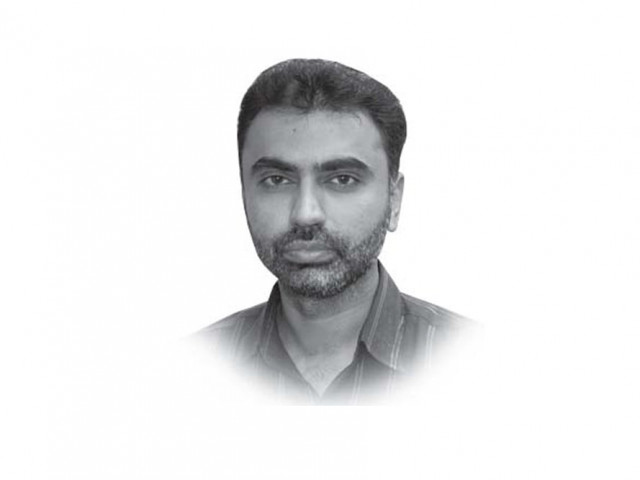The week in focus
The energy shortfall and high urea prices are likely to affect the performance of industrial and agricultural sectors.

Last week, riots over power crisis shook the country following a sharp drop in electricity generation due to suspension of furnace oil supply to some power plants and technical fault at Chashma plant. This prompted the government to take some emergency steps to improve power supply while the main opposition took it as an opportunity to make political gains by supporting the protesters as political parties had started preparing themselves for the next elections which were not far away.
Scarcity of gas too has triggered protest from the business community, particularly the fertiliser industry which needs gas as a vital input for producing urea, a major input for farmers in cultivation of crops. Frequent disruption in gas supplies has curtailed production of urea, forcing the manufacturers to increase prices of the fertiliser, which in turn will lead to increase in food inflation.
Urea prices were in the range of Rs1,500 to Rs1,700 per bag compared to around Rs800 two years ago. The country has become self-sufficient in urea production after Engro started a new plant having a capacity of 1.3 million tons and Fatima Fertiliser came online.
The energy shortfall and high urea prices are likely to affect the performance of industrial and agricultural sectors, making it difficult for the country to meet the 4.2% economic growth target this year. Last year too, economic growth fell short of the target and was recorded at 2.4% compared to the target of 4.5% with widespread floods and energy shortages playing a key role in bringing the growth rate down.
“To compensate for the high cost borne by farmers due to rise in urea prices, the government should announce a higher wheat support price. But it will increase inflation,” said Khalid Iqbal Siddiqui, Head of Research Invest and Finance Securities.
He said though floods had damaged crops in Sindh, Punjab was expected to produce good crops to support the agricultural sector, the mainstay of economy. However, he saw economic growth to be around 3.5% this fiscal year because of the problems plaguing the economy.
InvestCap Head of Research Khurram Schehzad said the energy shortages might undermine economic growth this year which could be in the range of three to four per cent. “We are not utilising our resources properly,” he said.
However, he was of the view that a massive cut of 150 basis points in the benchmark interest rate by the State Bank would give a big boost to manufacturing activity as businesses would be able to borrow at lower rates.
To tackle energy shortages, he suggested that structural weaknesses like widespread theft and transmission and distribution losses due to rickety infrastructure should be addressed. The government should also focus on an awareness campaign to educate consumers how to conserve energy and drawbacks of energy wastage. “The culture of providing free electricity to some should also come to an end,” he said.
On the positive side, Schehzad said the textile sector seemed to have bright prospects as consumers in Pakistan’s major markets – the US and EU – were expected to switch from high-end to low-end products produced by Pakistan’s textile manufacturers. Citing the reason for their shift, he said the financial crisis in these developed markets had sharply affected their economies and incomes of consumers.
The writer is incharge Business desk for the Express tribune and can be contacted at ghazanfar.ali@tribune.com.pk
Published in The Express Tribune, October 10th, 2011.



















COMMENTS
Comments are moderated and generally will be posted if they are on-topic and not abusive.
For more information, please see our Comments FAQ